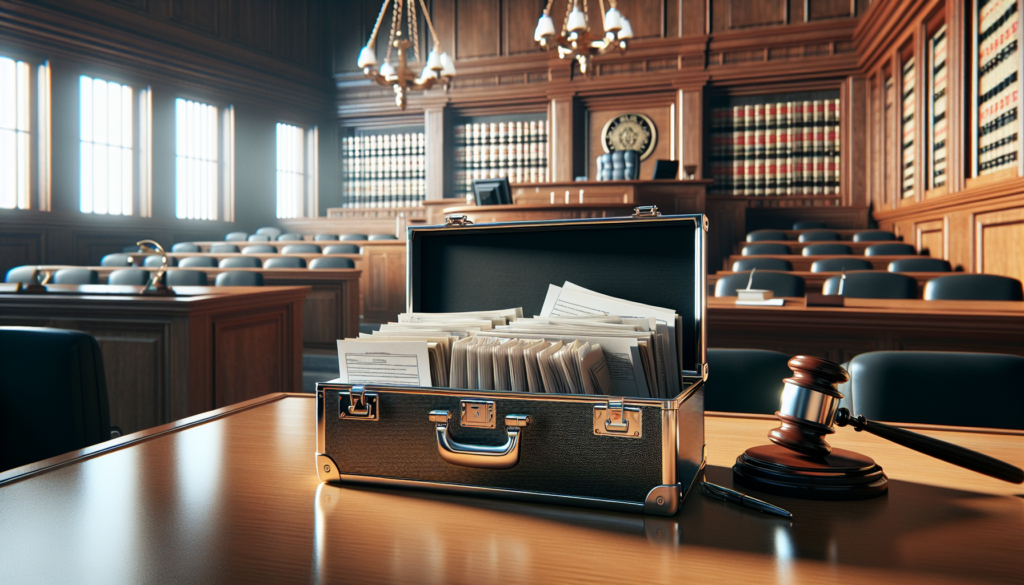
Missing payments under a Chapter 13 bankruptcy plan can have serious consequences, but there are several steps and options available to manage the situation. Here’s what can happen and what you might do if you miss Chapter 13 plan payments:
Immediate Consequences of Missing Payments
- Case Dismissal: Consistently missing payments can lead to the dismissal of your Chapter 13 case. If your case is dismissed, you lose the bankruptcy protection against creditors, which includes the automatic stay that prevents creditors from pursuing collection actions against you.
- Loss of Progress Toward Discharge: Missing payments can delay the completion of your plan and extend the time it takes to receive a discharge of your remaining debts.
Potential Actions by the Trustee or Creditors
- Motion to Dismiss: The Chapter 13 trustee or a creditor may file a motion to dismiss your bankruptcy case due to non-payment. You will typically receive notice of this motion and have an opportunity to respond or catch up on payments.
- Lift of Automatic Stay: Creditors may also seek relief from the automatic stay to proceed with foreclosure, repossession, or other collection actions if you fall behind on plan payments.
Options to Address Missed Payments
- Communicate with Your Trustee: If you’re facing financial difficulties that affect your ability to make plan payments, contact your Chapter 13 trustee as soon as possible. You may be able to work out a temporary solution or adjustment.
- Modify Your Plan: You might be able to modify your Chapter 13 plan to lower your payments. This requires showing a change in your financial circumstances that justifies the modification. The court must approve any changes to your plan.
- Grace Period or Catch-Up Plan: Some trustees may allow a grace period for you to catch up on missed payments, especially if your inability to pay is temporary. This often involves negotiating a catch-up plan to make additional payments until you’re current.
- Hardship Discharge: If you cannot continue making payments due to circumstances beyond your control (such as illness or job loss), and modifying the plan is not feasible, you might qualify for a hardship discharge. This discharges some debts even though you haven’t completed your plan, but it’s more limited than the standard Chapter 13 discharge.
- Conversion to Chapter 7: If you can no longer afford to make Chapter 13 payments and a plan modification isn’t possible, converting your case to Chapter 7 bankruptcy might be an option. This allows for the discharge of eligible debts without requiring repayment, but you may have to surrender non-exempt assets.
- Dismissal and Refiling: In some cases, voluntarily dismissing your Chapter 13 case and then refiling for bankruptcy might be a strategy, particularly if you need to address debts that have arisen since your initial filing. However, this has significant implications and limitations, especially regarding the automatic stay in subsequent filings.
Missing Chapter 13 plan payments can jeopardize your bankruptcy case and financial recovery, but there are several strategies to address missed payments and maintain your bankruptcy protection. It’s crucial to act quickly and consult with your bankruptcy attorney to explore your options and take appropriate action based on your specific circumstances.

Get a Free Bankruptcy Case Evaluation